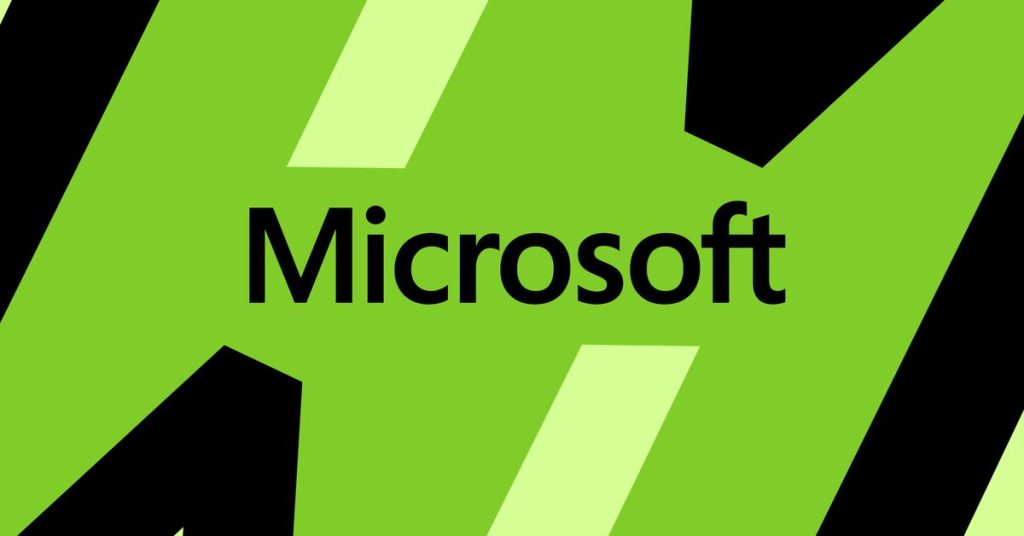
A Microsoft travel guide for Ottawa, Canada, prominently recommended tourists visit the Ottawa Food Bank, as spotted by Paris Marx until it was removed after this article was originally published. (You can see the article in full here.) The food bank was the No. 3 recommendation on the list, sitting behind the National War Memorial and above going to an Ottawa Senators hockey game.
We reported in 2020 about Microsoft laying off journalists at Microsoft News and MSN to replace them with artificial intelligence. However, the company says its content is not generated by the AI we’re now used to in the form of large language models powering tools like the Bing chatbot or ChatGPT. Instead, the content in Microsoft’s story was generated through “a combination of algorithmic techniques with human review,” according to the company. As explained in a statement to The Verge from Jeff Jones, a senior director at Microsoft:
This article has been removed and we have identified that the issue was due to human error. The article was not published by an unsupervised AI. We combine the power of technology with the experience of content editors to surface stories. In this case, the content was generated through a combination of algorithmic techniques with human review, not a large language model or AI system. We are working to ensure this type of content isn’t posted in future.
“Every day our algorithms comb through hundreds of thousands of pieces of content sent by our partners,” Microsoft writes in the “About Us” page for its Microsoft Start program. “We process it to understand dimensions like freshness, category, topic type, opinion content and potential popularity and publish according to user preferences. This is combined with human oversight to ensure that the content we show aligns with our values and that crucial information features prominently in our experiences.”
Here is the Ottawa Food Bank’s website if you would like to donate — it recently moved to a new location due to demand that has spiked by 85 percent since 2019. While support is encouraged, CEO Rachael Wilson told CBC in June, “Our hope is one day to close our doors … to reduce the number of people who need a food bank.”
Each section in the article, bylined vaguely by “Microsoft Travel,” had a brief text description of what you can expect from the destination. For the food bank, Microsoft’s summary included an astoundingly awful statement given the context of the place it was talking about: “People who come to us have jobs and families to support, as well as expenses to pay. Life is already difficult enough. Consider going into it on an empty stomach.”
“Needless to say, this is not the type of messaging or ‘story’ we would ever put out or wish to be included in,” Samantha Koziara, communications manager at the Ottawa Food Bank, said in a statement to The Verge on Thursday. “The ‘empty stomach’ line is clearly insensitive and didn’t pass by a (human) editor. To my knowledge, we haven’t seen something like this before — but as AI gets more and more popular, I don’t doubt an increased number inaccurate / inappropriate references will be made in listicles such as this. This simply highlights the importance of researchers, writers, and editors… of the human variety.”
Update August 18th, 2:59PM ET: Added new context from Microsoft that clarified how the article was created.
 Latest Breaking News Online News Portal
Latest Breaking News Online News Portal





